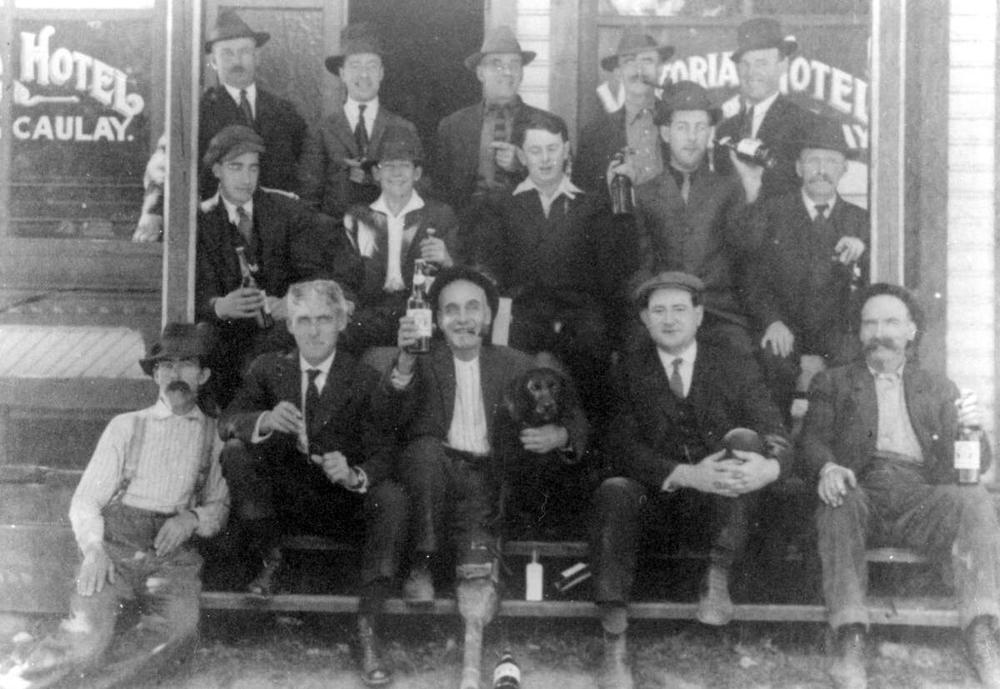Before and during World War I, every province in Canada imposed some form of prohibition on alcoholic beverages. B.C.'s prohibition measures were enacted in 1917. As part of its successful 1916 election platform, the provincial Liberal Party promoted prohibition and women's suffrage. The election ballot included referendums on both issues.
Legislation came into force on October 1, 1917, prohibiting the sale of liquor except when used in medical prescriptions.
The new law was difficult and expensive to enforce. Doctors freely prescribed liquor, bootleggers flourished, and bars started selling low-alcohol "near beer."
Voters eliminated prohibition during a plebiscite on October 20, 1920, making B.C. the second province after Quebec to do so. In its place, British Columbians voted for a system of government controlled alcohol sales. New legislation was passed to build and operate government liquor stores. Liquor policy was to be overseen and regulated by a three person Liquor Control Board.
Prohibition was officially repealed on June 15, 1921, the day the first government liquor stores opened for business.

